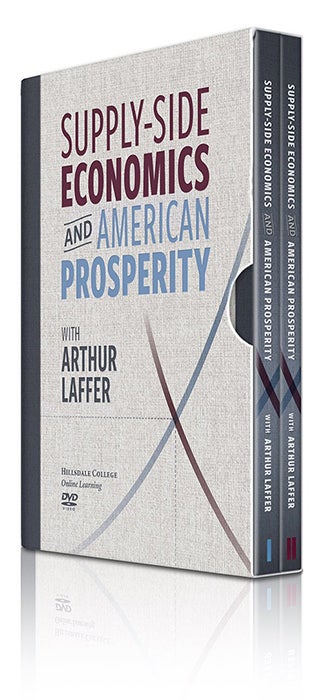
DVD Catalog
These Hillsdale online course DVD or Blu-ray box sets are an excellent way to view this content in your home, to watch with a small group, or to give as a gift. You can receive a box set and extend Hillsdale's educational outreach efforts on behalf of liberty for a tax-deductible donation of $100 or more.
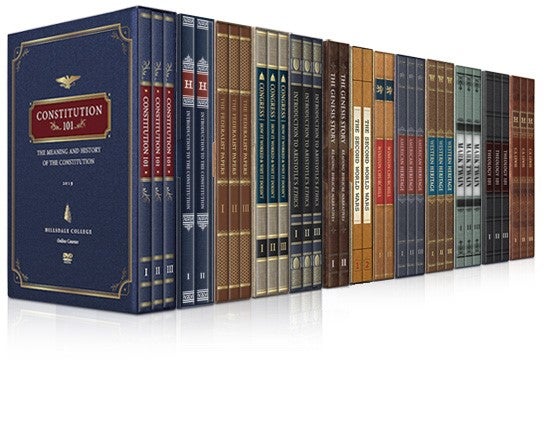
Comprehensive DVD Box Set
You can receive all 31 of Hillsdale’s online course DVD and Blu-ray box sets with a tax-deductible gift of $3,100 or more to Hillsdale College today. This comprehensive DVD and Blu-ray box set is perfect for viewing in your home or a small group. You might also find it useful for a homeschool curriculum or personal study. The DVDs and Blu-ray also make a perfect gift.
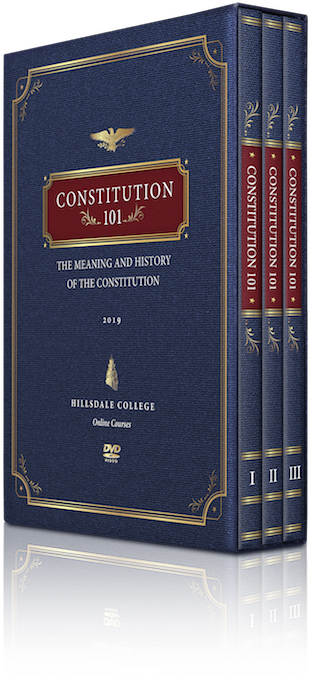
Constitution 101: The Meaning and History of the Constitution
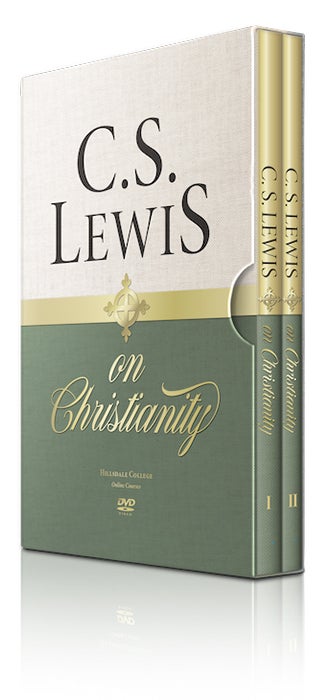
C.S. Lewis on Christianity
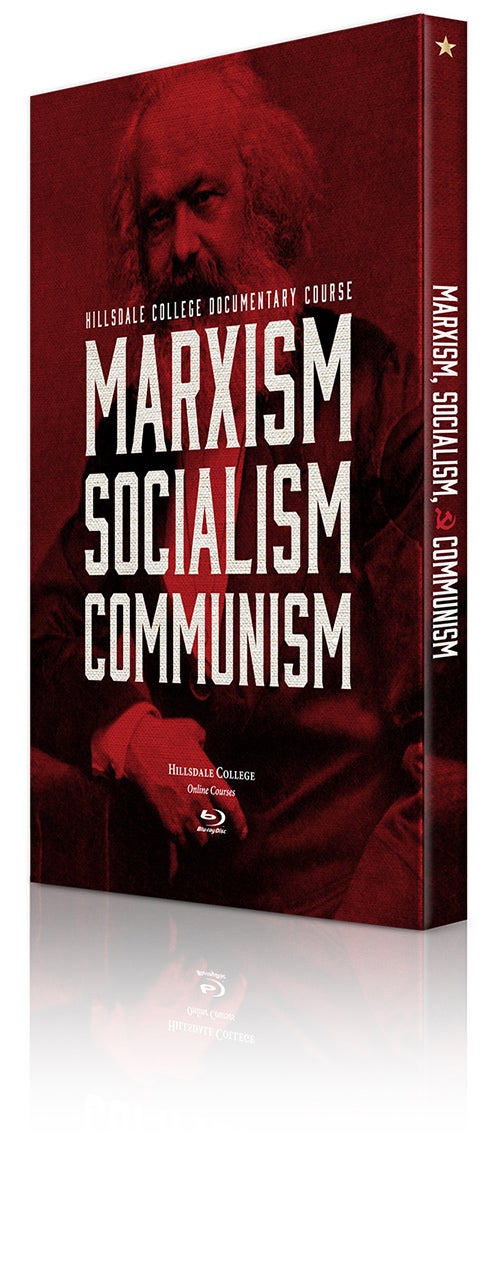
Marxism, Socialism, and Communism
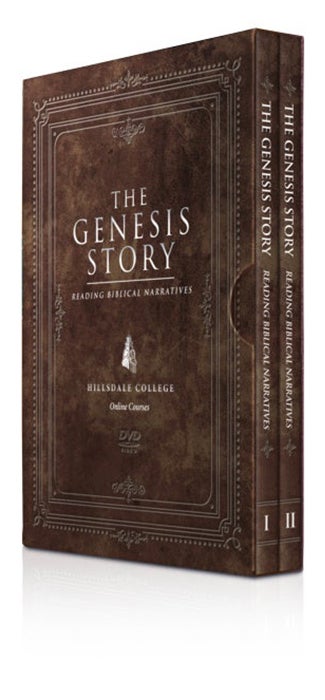
The Genesis Story: Reading Biblical Narratives
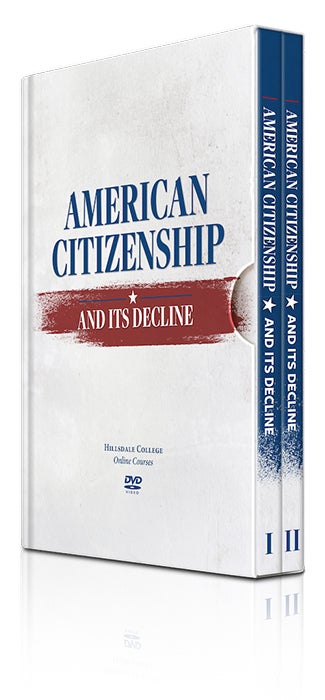
American Citizenship and Its Decline
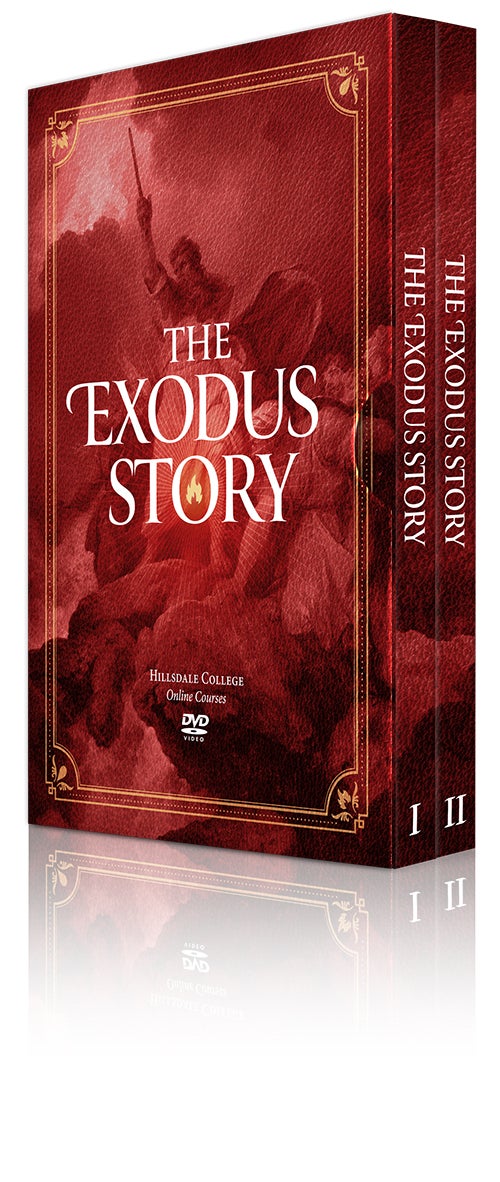
The Exodus Story
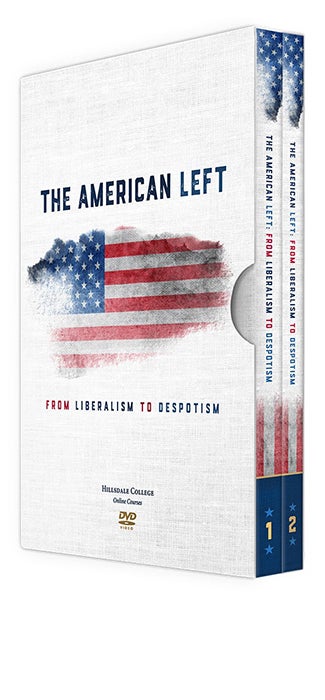
The American Left: From Liberalism to Despotism

Ancient Christianity
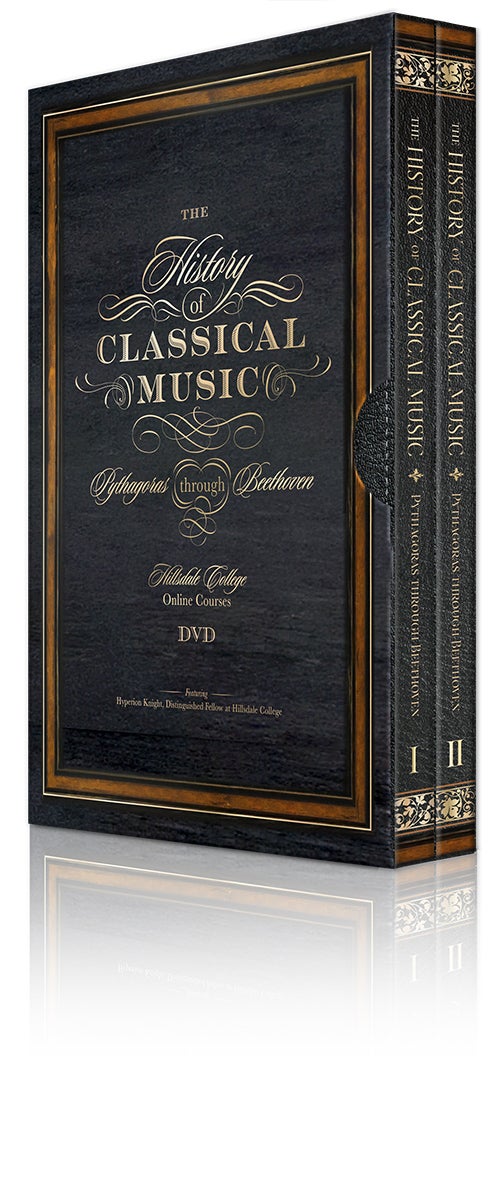
The History of Classical Music: Pythagoras through Beethoven
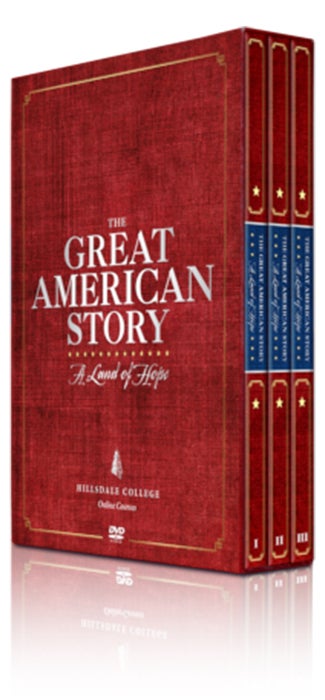
The Great American Story: A Land of Hope
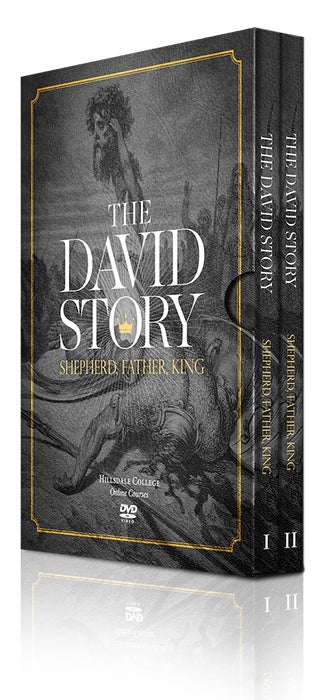
The David Story: Shepherd, Father, King
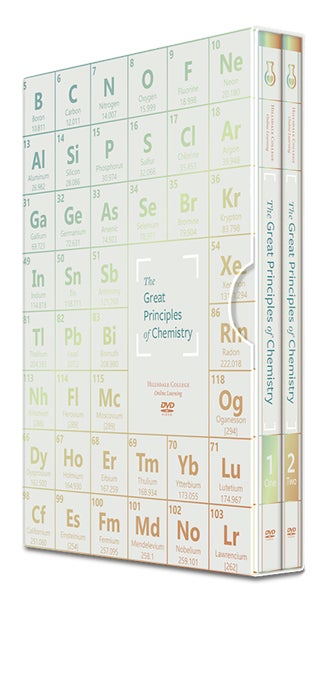
The Great Principles of Chemistry
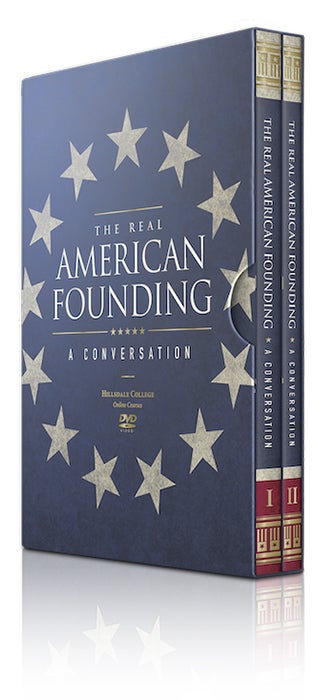
The Real American Founding: A Conversation
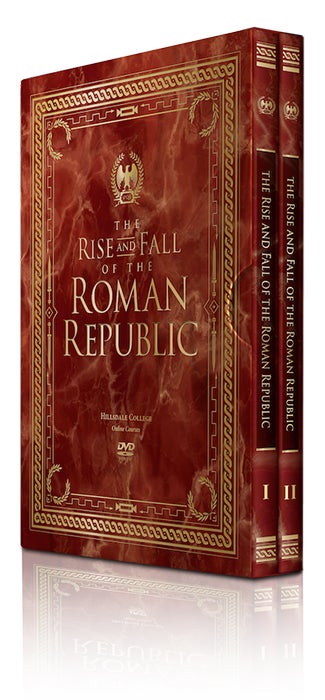
The Rise and Fall of the Roman Republic

Dante’s Divine Comedy

American Foreign Policy
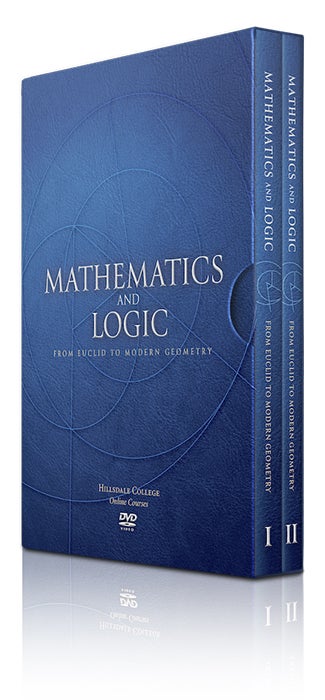
Mathematics and Logic: From Euclid to Modern Geometry
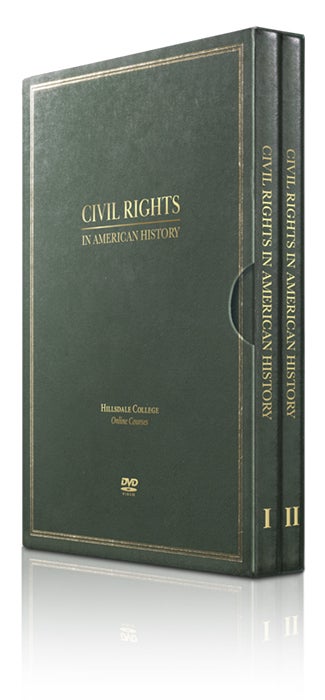
Civil Rights in American History
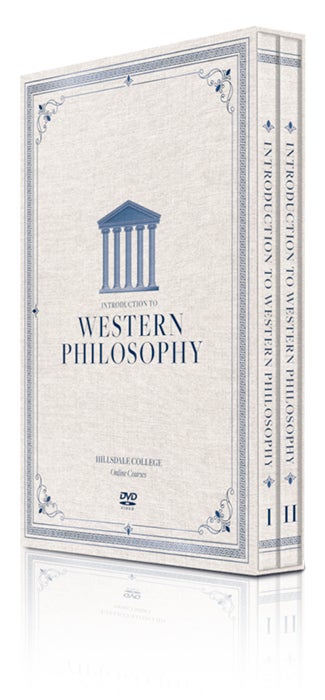
Introduction to Western Philosophy

Classic Children’s Literature
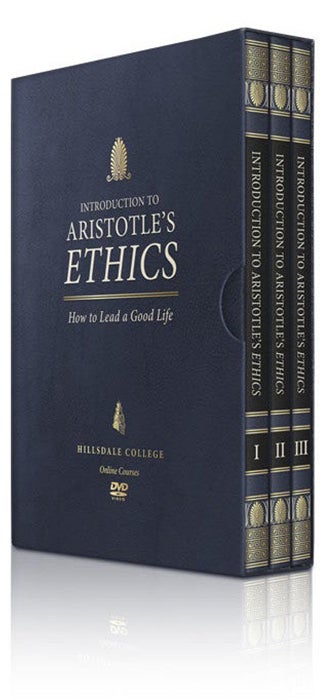
Introduction to Aristotle’s Ethics: How to Lead a Good Life
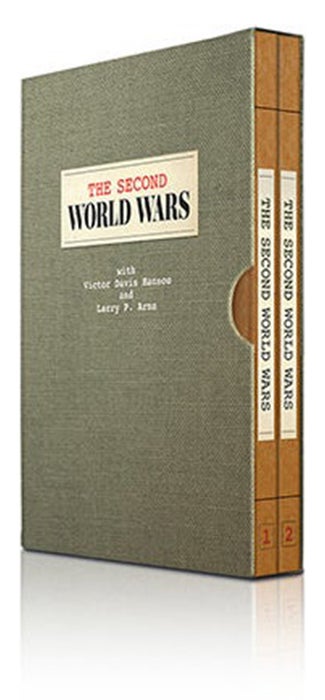
The Second World Wars
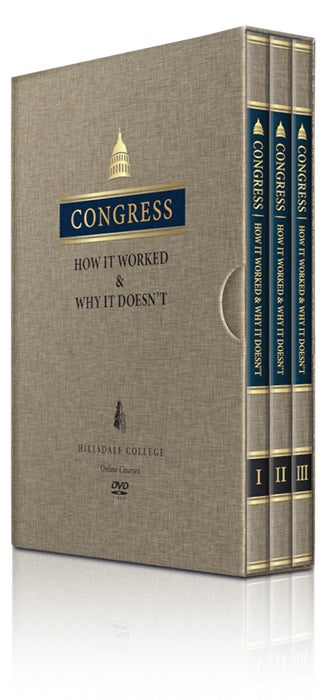
Congress: How It Worked and Why It Doesn’t
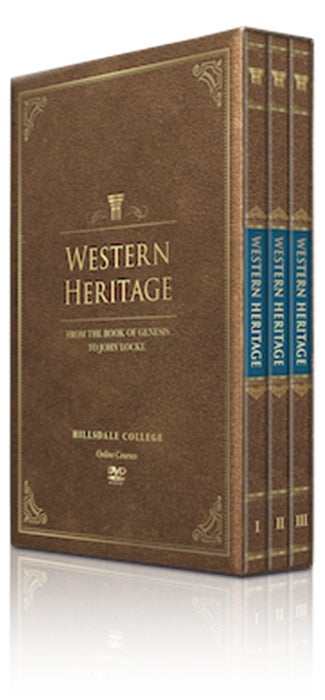
Western Heritage: From the Book of Genesis to John Locke
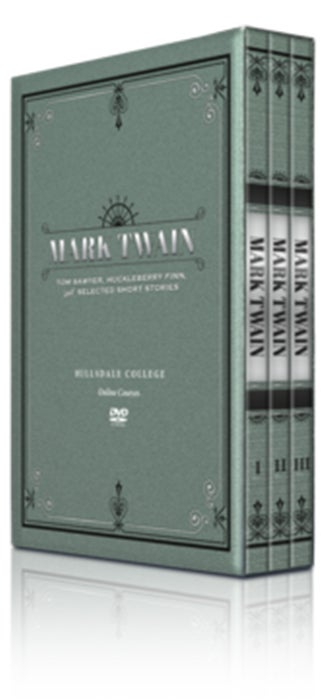
Mark Twain: Tom Sawyer, Huckleberry Finn, and Selected Short Stories
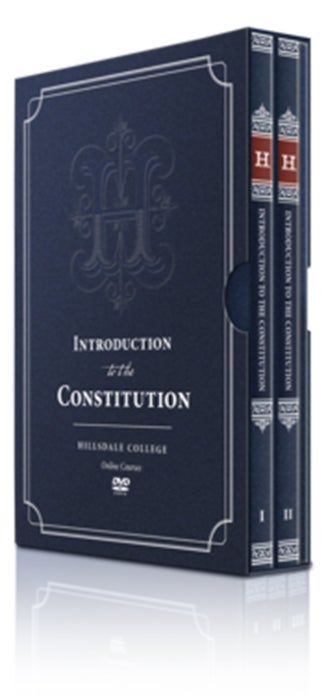
Introduction to the Constitution
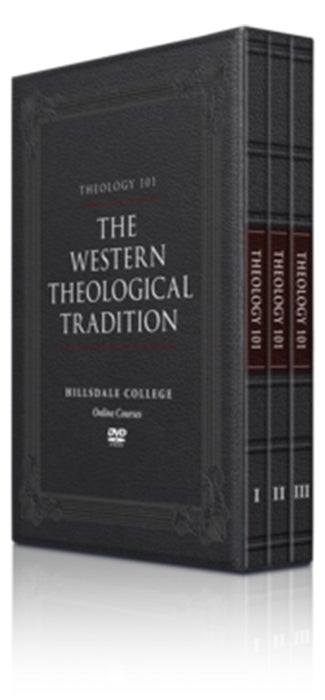
Theology 101: The Western Theological Tradition
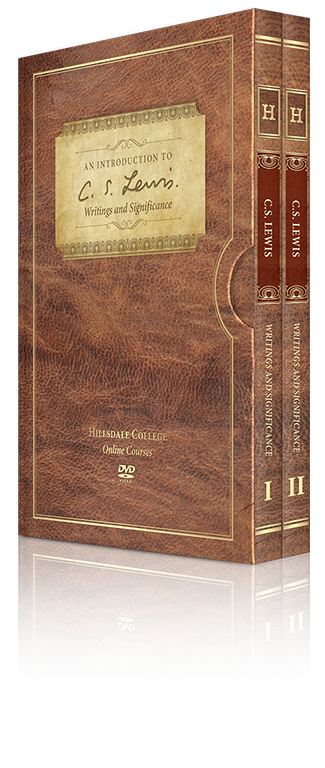
An Introduction to C.S. Lewis: Writings and Significance
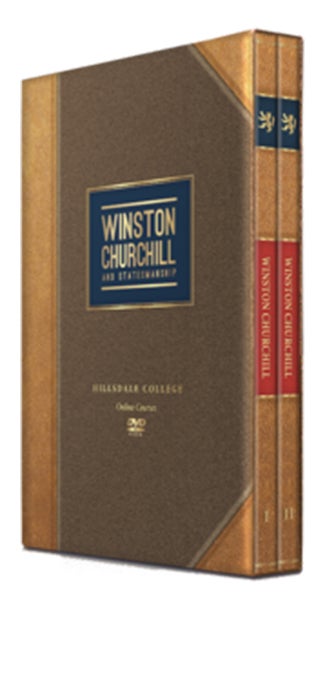
Winston Churchill and Statesmanship
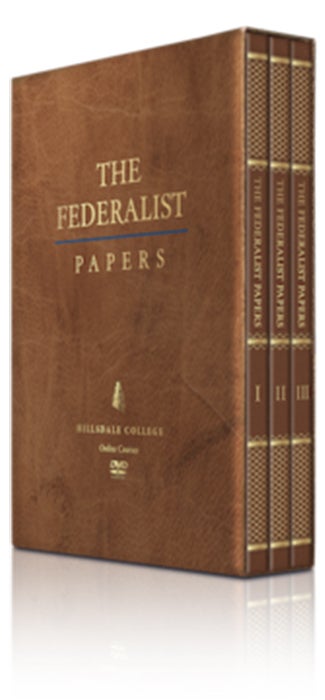
The Federalist Papers
